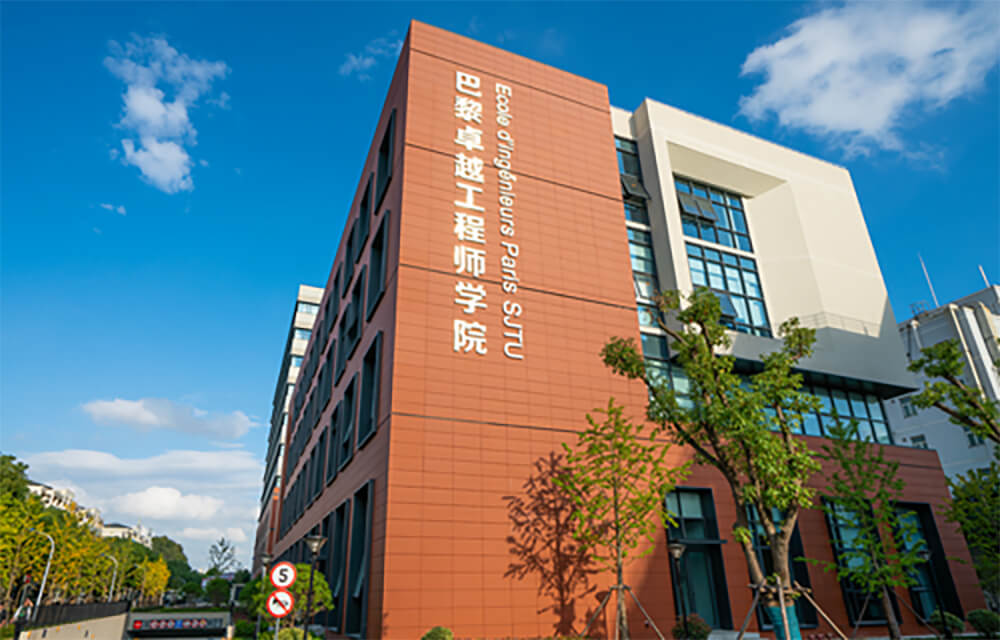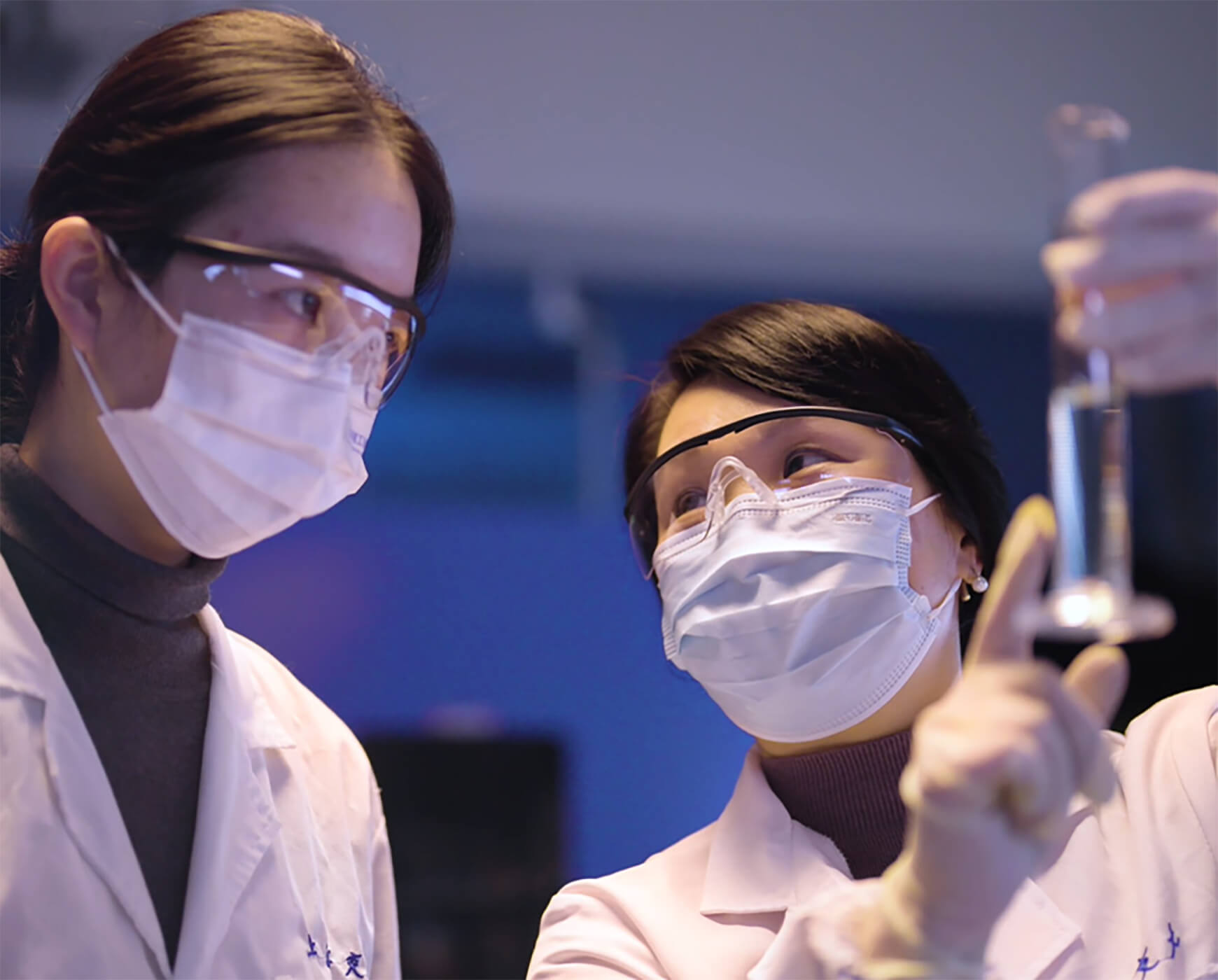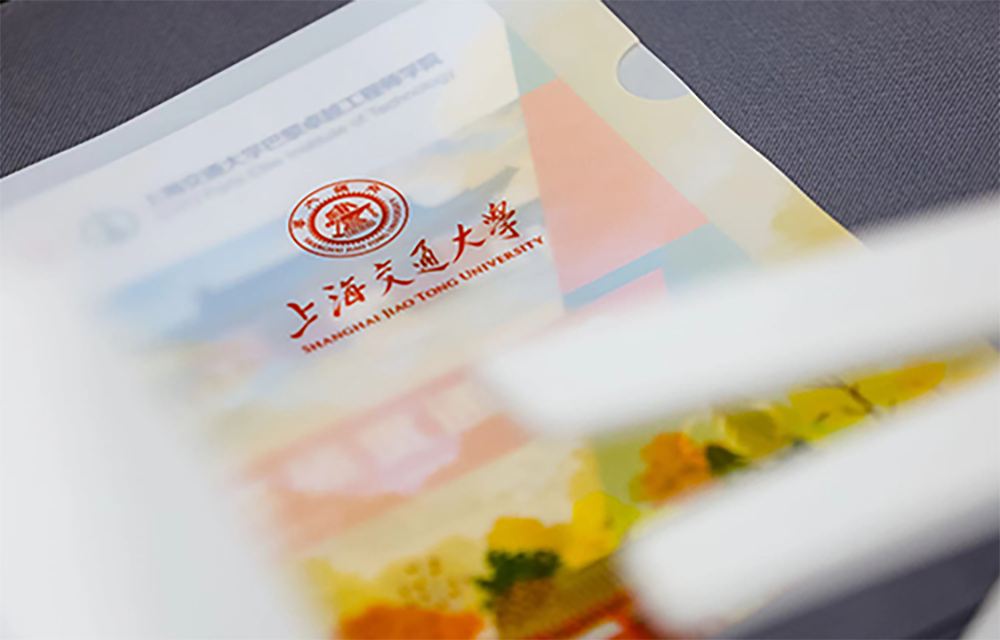
On the evening of September 14, CCTV's "Oriental Time and Space" launched a special report on "New Quality Productivity in China - Future Laboratory", revealing the secret of the "hardcore" large scientific device, focusing on the ultra-long multi-mode neutron small-angle scattering spectrometer independently developed and jointly built by Shanghai Jiao Tong University and Mianyang Neutron Science Platform-"Vena". The project is led by Professor Zhong Shengyi, Deputy Dean of the École des Excellence des Excellence des Engineers in Paris, Shanghai Jiao Tong University, as the chief scientist and construction leader.
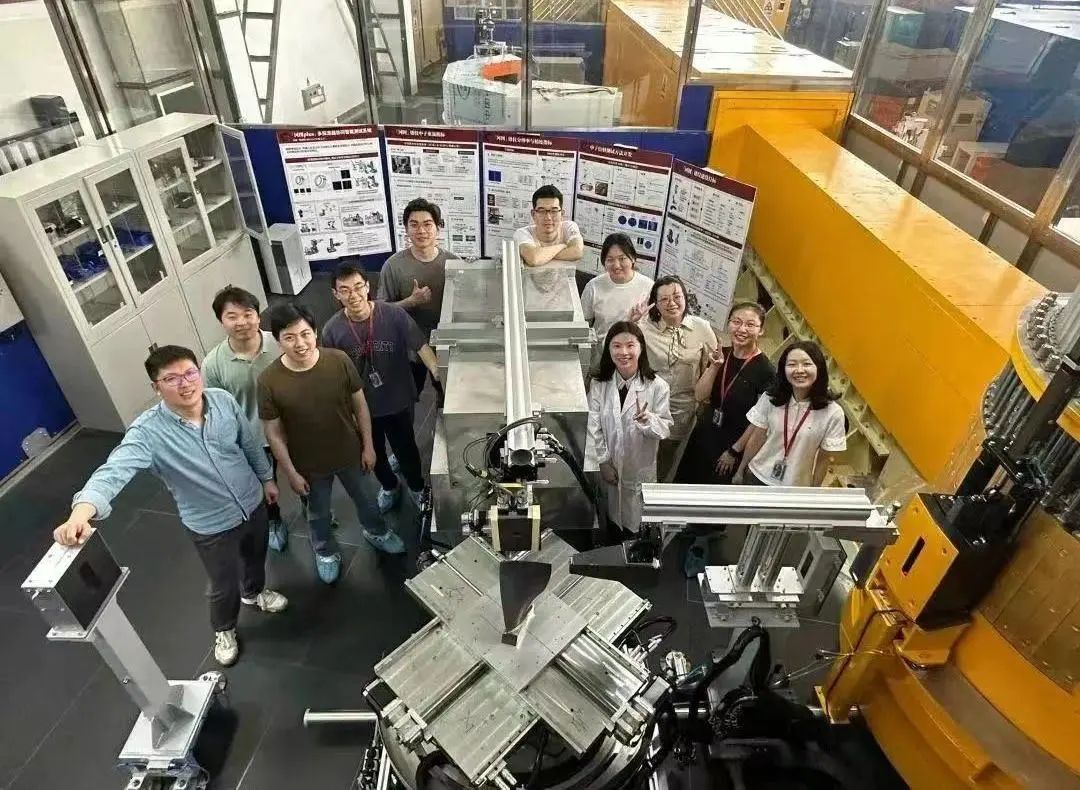
▲Professor Zhong Shengyi and the research team
"Vena" spectrometer, the second neutron science spectrometer jointly built by Shanghai Jiao Tong University and Mianyang Neutron Science Platform, has a total length of 46 meters, the length is ahead of the current similar spectrometer, and the core indicators such as detection accuracy and range are among the top of the world's similar spectrometers, and is expected to be accepted in October this year, and will be officially operated next year and open to the outside world when the neutron machine is applied. The landing of the "Vena" spectrometer marks another major breakthrough in the field of high-end neutron scientific instruments in China.
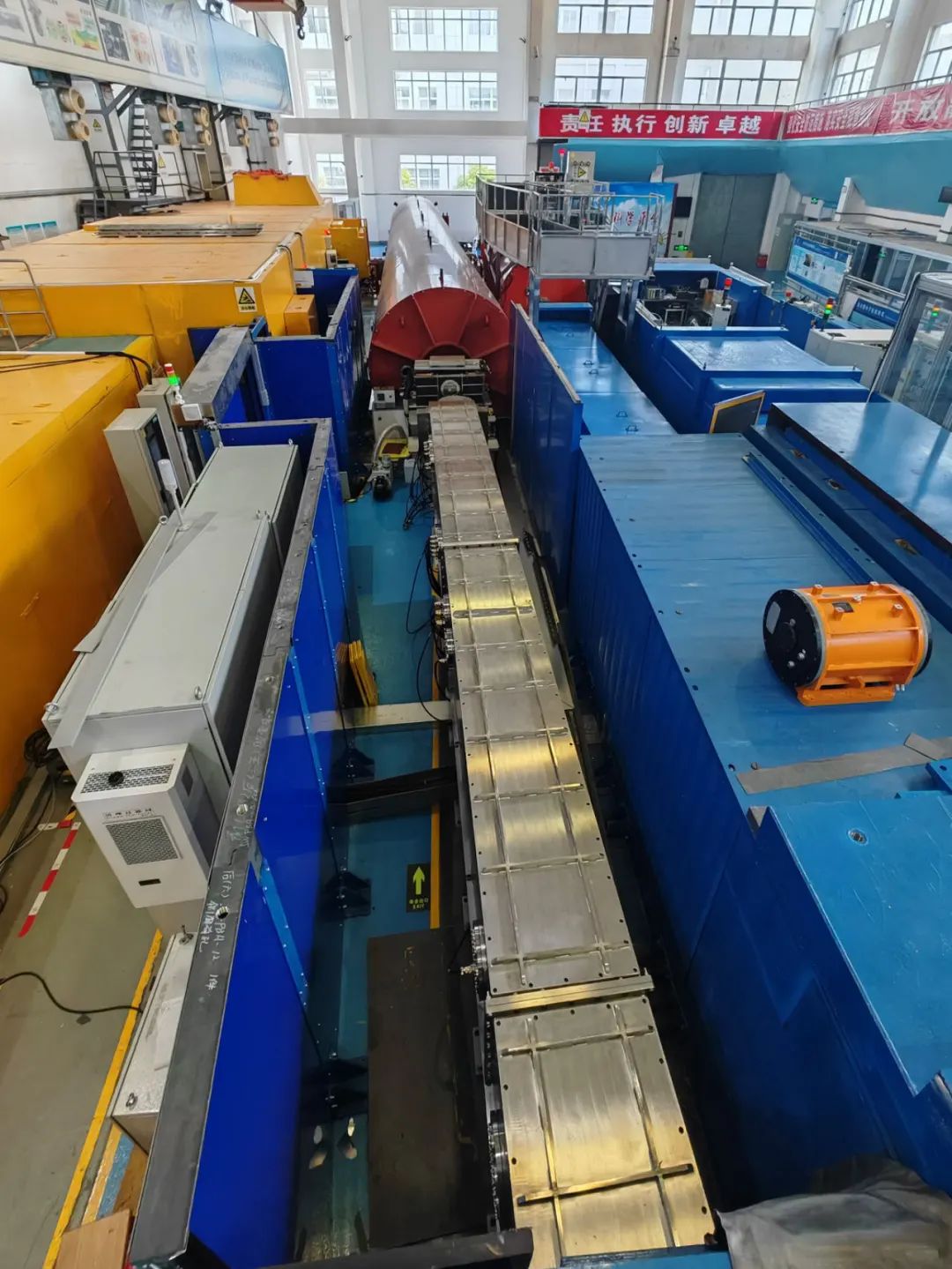
▲"Vena" ultra-long multi-mode neutron small-angle scattering spectrometer
As a super "microscope" of the microscopic world, Vena cleverly uses the physical properties of neutrons to monitor the trajectory and energy changes of neutrons and atomic nuclei after collision to perform high-resolution and non-destructive characterization of microstructures. The detection accuracy of "Vena" reaches sub-nanometer to sub-micron, which is equivalent to 1/10,000th to 10,000th of the diameter of human hair, and has a variety of functions such as transmission small angle, grazing incidence, magnetic contrast change, etc., which has opened up a new path for the research of polymer materials, metal materials, biological proteins, functional materials and energy storage materials.
At present, the Mianyang Neutron Science Platform has 15 spectrometers, each of which is equivalent to an independent laboratory, with different functions and research fields, providing 4,000 hours of experimental machine hours every year, and becoming an important pillar infrastructure in the field of basic research and scientific and technological innovation in China.
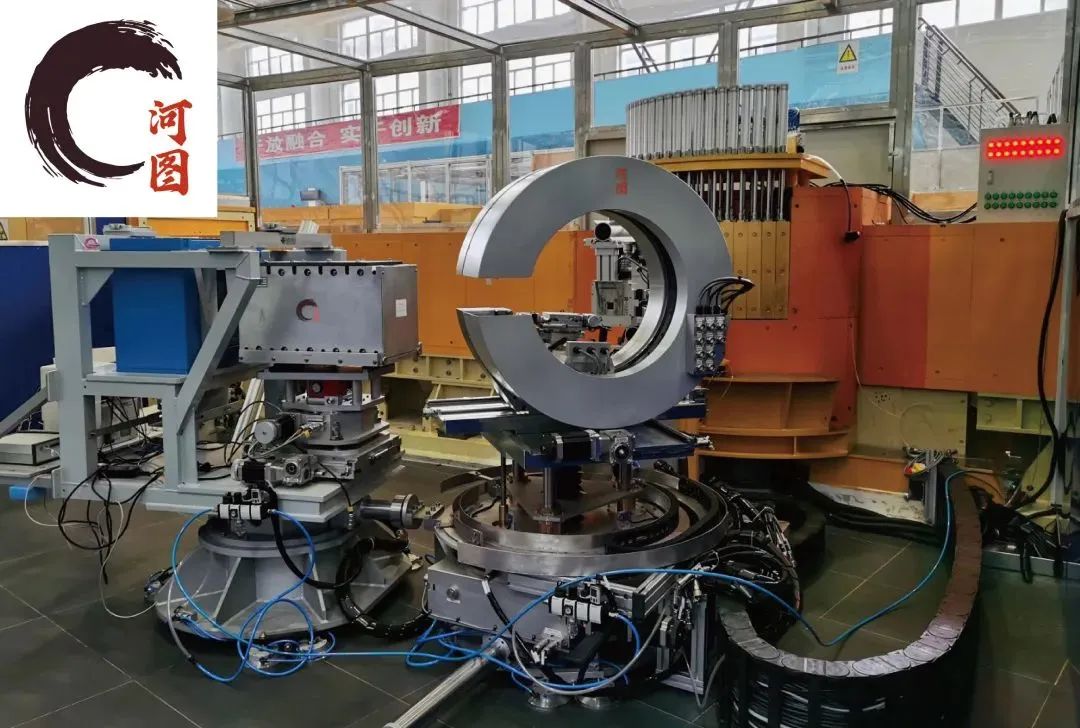
▲"Hetu" cold neutron high-resolution engineering stress spectrometer
Shanghai Jiao Tong University and Mianyang Neutron Science Platform have long-term and in-depth cooperation in the field of neutron science, and have cooperated in the construction of the "Hetu" neutron spectrometer before the launch of the "Vena" spectrometer. Professor Zhong Shengyi's team independently designed and developed the first cold neutron high-resolution engineering stress spectrometer "Hetu" in China, and has completed the acceptance and opening to the public in 2022, which can carry out high-resolution non-destructive characterization of the stress and texture of complex engineering components, and its spectrometer resolution and other indicators are world-leading. The high-performance manufacturing of key engineering components plays a key supporting role.
The successive advent and use of the "Hetu" and "Vena" neutron spectrometers have effectively improved the scientific research capabilities of China's neutron science platform, promoted the cross-innovation of neutron technology and application disciplines, and brought unprecedented new opportunities to solve the problems in frontier basic fields such as national new materials and advanced manufacturing and the application of major needs. At the same time, it also marks that China has taken another solid step in the autonomy of large scientific devices, and the Paris Institute of Excellence Engineers of Shanghai Jiao Tong University will continue to contribute to the autonomy of large scientific devices!



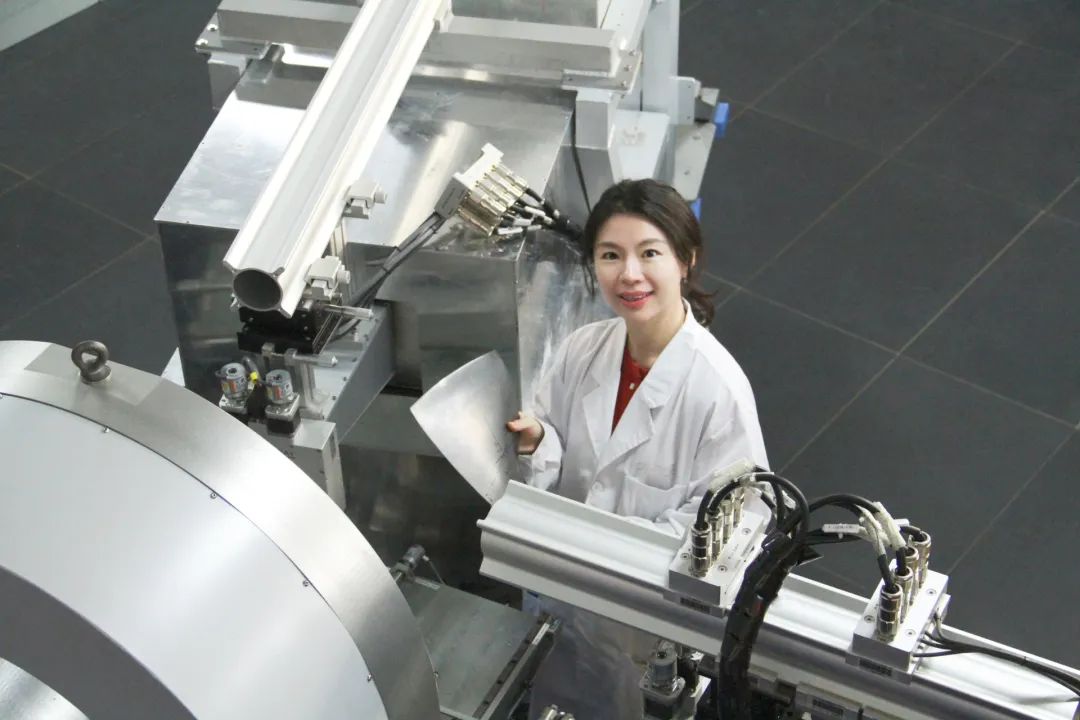
Zhong Shengyi, a professor and doctoral supervisor of the School of Excellence in Engineering and the School of Materials Science and Engineering, Shanghai Jiao Tong University, chief scientist of the National Key R&D Program, distinguished professor of Shanghai Oriental Scholars, deputy director of the National Key Laboratory of Neutron Science and Technology, graduated from the School of Materials Science of Shanghai Jiao Tong University in 2007 with a bachelor's degree, and obtained a doctorate degree in nuclear technology from the University of Paris 11 (Joint Training) of the Atomic Energy Agency of France in 2012.
His main research direction is neutron scattering material characterization technology, and he has presided over the independent design and construction of the neutron diffraction engineering stress spectrometer "Hetu" and the neutron small-angle scattering spectrometer "Vena" of Shanghai Jiaotong University, and has presided over more than ten scientific research projects including the National Key R&D Program, 3 National Natural Science Foundation of China, and Aviation Science Foundation, and has been published in Acta Materialia and International Journal of MaterialHe has published more than 50 SCl journal papers in academic journals such as Plasticity, applied for more than 20 invention patents, written 3 national standards, edited 3 undergraduate textbooks, and won the first prize of Shanghai Teaching Achievement Award twice in 2017 and 2022.
Personal homepage:
https://speit.sjtu.edu.cn/faculty/6
Source | Office of Scientific Research and Platform Construction
Editing & Typesetting|Zhou Xiangyu
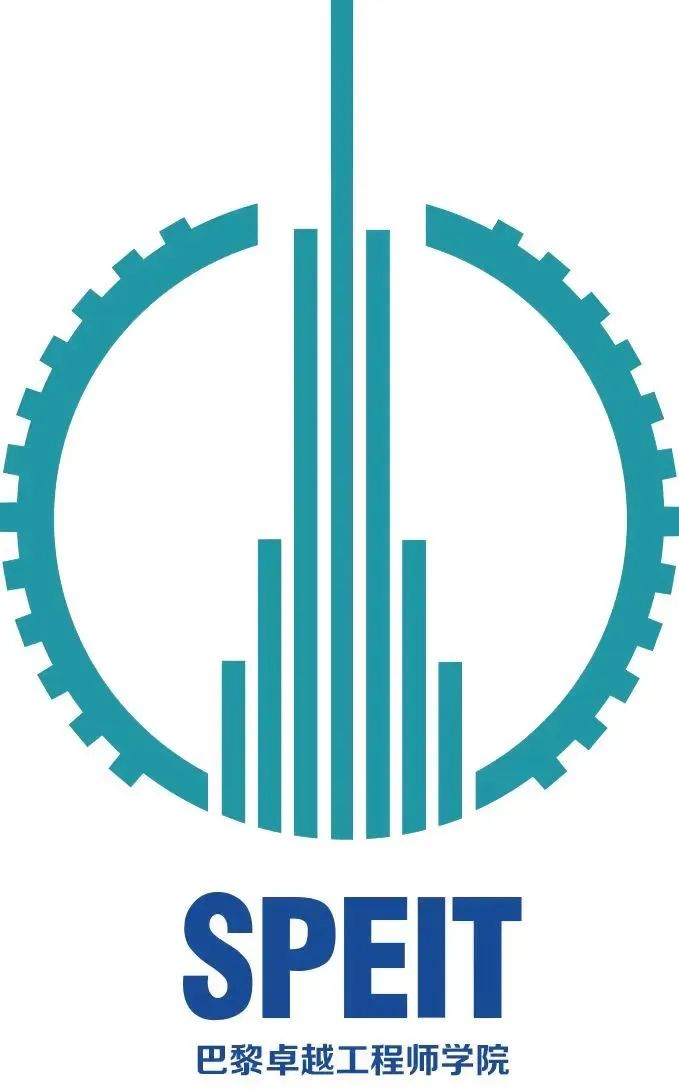

speit2013
http://speit.sjtu.edu.cn/

